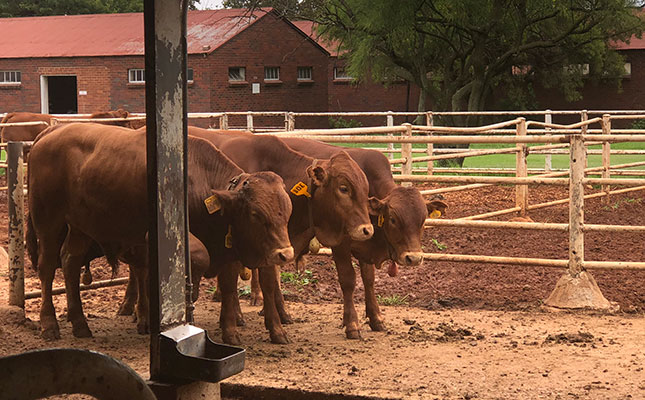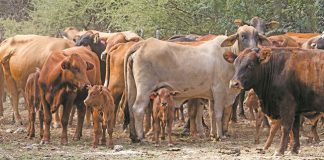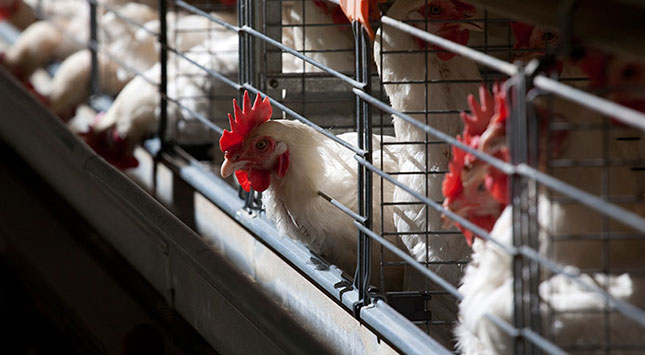
Photo: Denene Erasmus
The Agricultural Research Council (ARC) had withdrawn the 189A process that would have resulted in the loss of 1 000 jobs at the institution.
Peirru Marx, sector coordinator at trade union Solidarity, welcomed the decision, and said that while restructuring was needed at the ARC, the loss of so many jobs could not be afforded. Other avenues needed to be pursued to put the ARC on a sound financial footing.
“The withdrawal was, by and large, based on the fact that the ARC could not supply sufficient information to support the Commission for Conciliation, Mediation and Arbitration (CCMA) application. The ARC management could not give any details pertaining to the posts that [would be] at peril and the departments that would be affected. The application should have been supported by a thorough analysis, given the gravity thereof.”
Following opposition from labour unions, and after consultations with the CCMA, the ARC representatives consequently decided to abandon the application.
Marx said the withdrawal would be followed with the implementation of task teams consisting of organised labour, non-union members, and the ARC management to find the best possible solutions to the institution’s financial troubles.
At the time of publishing, the ARC had not yet responded to Farmer’s Weekly’s request for comment.












